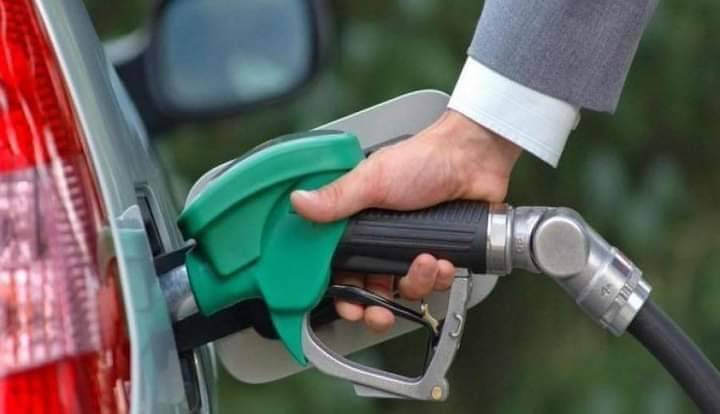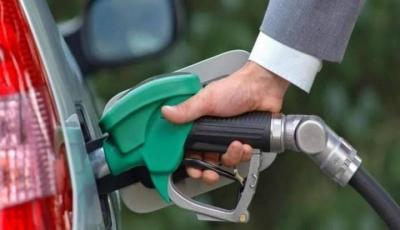The Central Bank of Lebanon will not miss the opportunity presented by the decline in global oil prices to below $90 to address the remaining 20% of the gasoline subsidy. The drop in oil prices to their lowest level in seven months allows the central bank to lift the subsidy entirely, without a significant spike in prices. However, sources indicate that gasoline prices will remain high after full dollarization, due to increased demand for dollars to meet local consumption and the ongoing impact of political unrest on the exchange rate, coupled with the lack of hope for substantial reforms. This means Lebanese citizens, eager for any reductions - even if small - in diesel and gasoline prices with winter approaching, will miss out on the benefits of the price drop.
Yesterday, global oil prices saw a significant decrease, with Brent crude at $89.8 per barrel and West Texas Intermediate crude at $83.8. According to oil sources, "the stagflation gripping countries worldwide, coupled with pressures from lockdowns in China and the rise in the dollar's value against other currencies, has all weighed heavily on oil prices, pushing black gold back to pre-war levels of Russia on Ukraine."
However, this decline, which could hasten the general recovery of the economy from stagflation and relieve Lebanon's import bill expected to exceed $4 billion, is not likely to last long. Economic concerns about rising oil prices due to Russia reducing production, the cessation of withdrawals from the U.S. strategic reserve, and the failure to reach an agreement with Iran remain significant. While these factors will adversely affect European countries, they will also create a squeeze with the rising local exchange rate on both the economy and the citizen. This is especially true in the absence of alternatives for securing electricity away from private generators and their diesel consumption, as well as the lack of public transport options to ease the pressure of gasoline costs on citizens.




